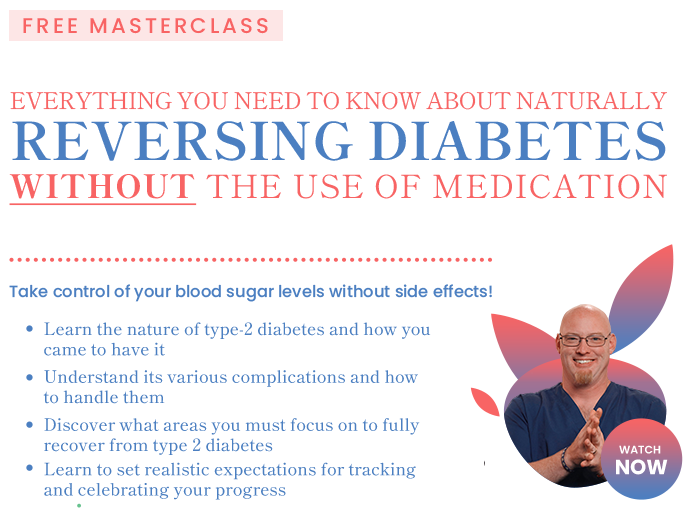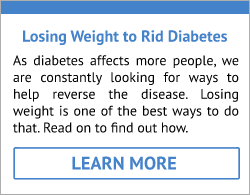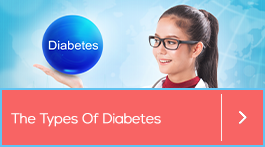
Many people are unaware of the differences between Type 1 and Type 2 diabetes. The common understanding among laymen is that too much sugar causes diabetes and that Type 2 is less serious than Type 1. The truth of the matter is that both types of diabetes are serious. Type 2 can be managed more conveniently since you do not have to inject yourself with insulin. However, the fact remains that patients of both types of diabetes can't use glucose in the body optimally, and this is the crux of the problem.
This article will give you a better idea of what Type 1 diabetes entails. First, we'll go over the difference between Type 1 and Type 2 diabetes. Then, we'll close with some of the characteristics and symptoms that Type 1 has.

1
The Difference Between Type 1 And Type 2
The biggest difference between Type 1 and Type 2 diabetes is the body's ability to produce insulin. With Type 1 diabetes, the beta cells in the body are destroyed. The body produces no insulin at all. Because of this, Type 1 diabetes patients need to inject insulin into their bodies to manage the glucose in the bloodstream.
In Type 2 diabetes, the body produces insulin. However, it doesn't produce it in sufficient quantities to cope with the glucose in the blood. Type 2 diabetes arises due to insulin insensitivity and obesity. It can be prevented to a large extent at the prediabetes stage if the patient changes his or her diet and eliminates sugar completely for a few weeks till the body's insulin sensitivity resets.

2
Characteristics And Symptoms
Type 1 diabetes is classified as an "auto-immune disease" because the body works against itself. It treats the beta cells as foreign invaders and destroys them. Of the two types of diabetes, Type 1 is more serious. Fortunately, it affects fewer people.
One of the symptoms of Type 1 diabetes is thirst. You'll feel thirsty more often because your body is dehydrated from urinating constantly. This brings us to the next symptom - frequent urination. Diabetes causes patients to urinate more frequently, and there's a reason for this. The kidneys process the glucose in the body and use water to dissolve it; because of this, there is excessive urine production, and this will dehydrate the patient.
Weight loss can affect Type 1 diabetes patients if the condition is left untreated and allowed to escalate. Since you're urinating frequently and losing sugar, you may become hungry more often. It is a strange situation to be in because you're eating more but still losing weight. Over and above that, your vision may become unclear and blurry if there is excess glucose in your blood. Insulin injections will mitigate this problem.
Lethargy, unexplained tiredness, and a general sense of unease are all symptoms of Type 1 diabetes. It's important to see a doctor if you encounter these symptoms. Do not bury your head in the sand and expect them to go away on their own. Type 1 diabetes requires medical attention.

Now, you have more information about Type 1 diabetes. First, we covered the difference between Type 1 and Type 2 diabetes. Then, we finished with some of the characteristics and symptoms that Type 1 has.
Nobody is really too sure of what causes Type 1 diabetes, but doctors have suggested genetics, viral infections, and even introducing cow's milk to a baby too early as potential causes of diabetes. Whatever the case may be, diabetes is not a death sentence. With good monitoring and a healthy lifestyle, you can prevent complications related to diabetes and still live a normal and rewarding life.
















